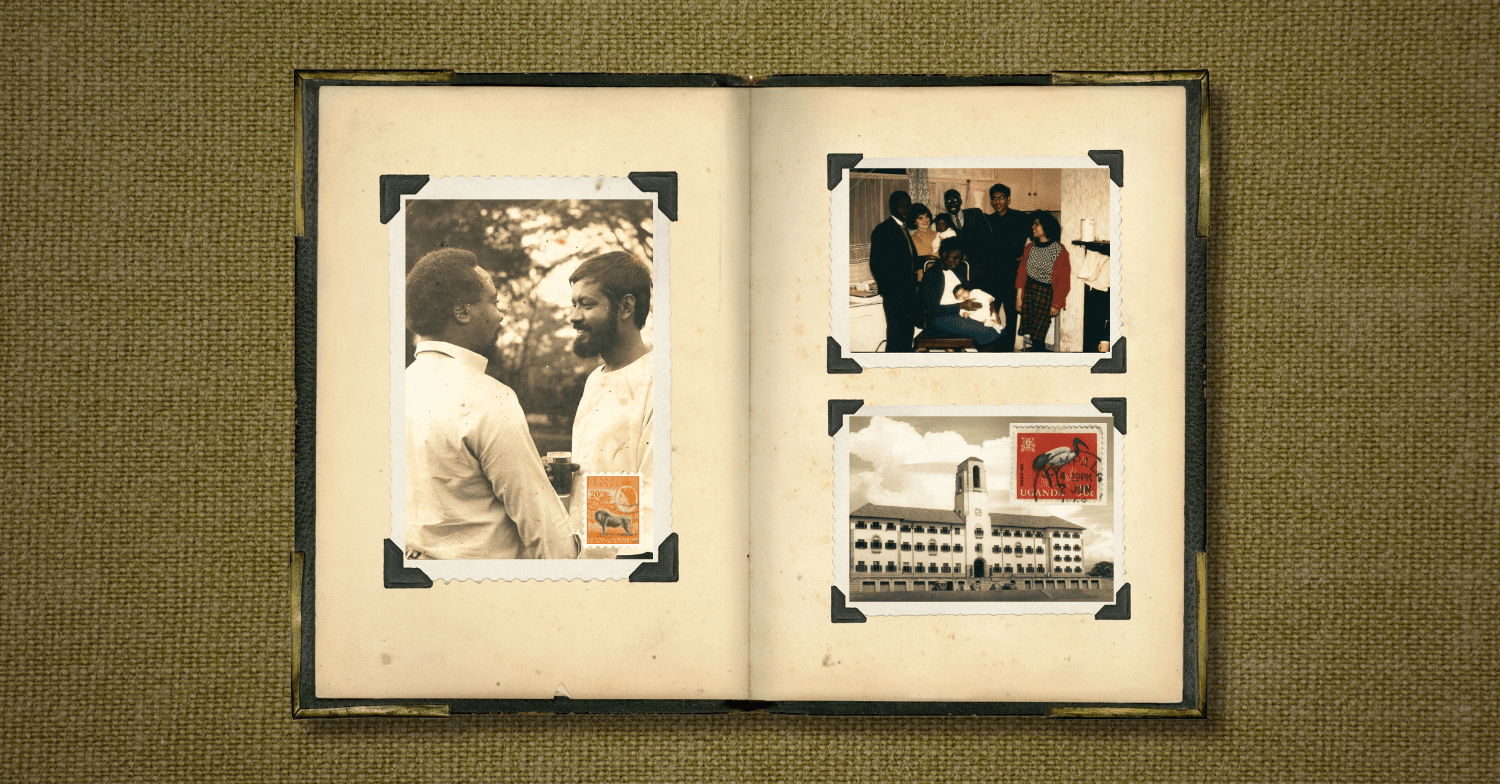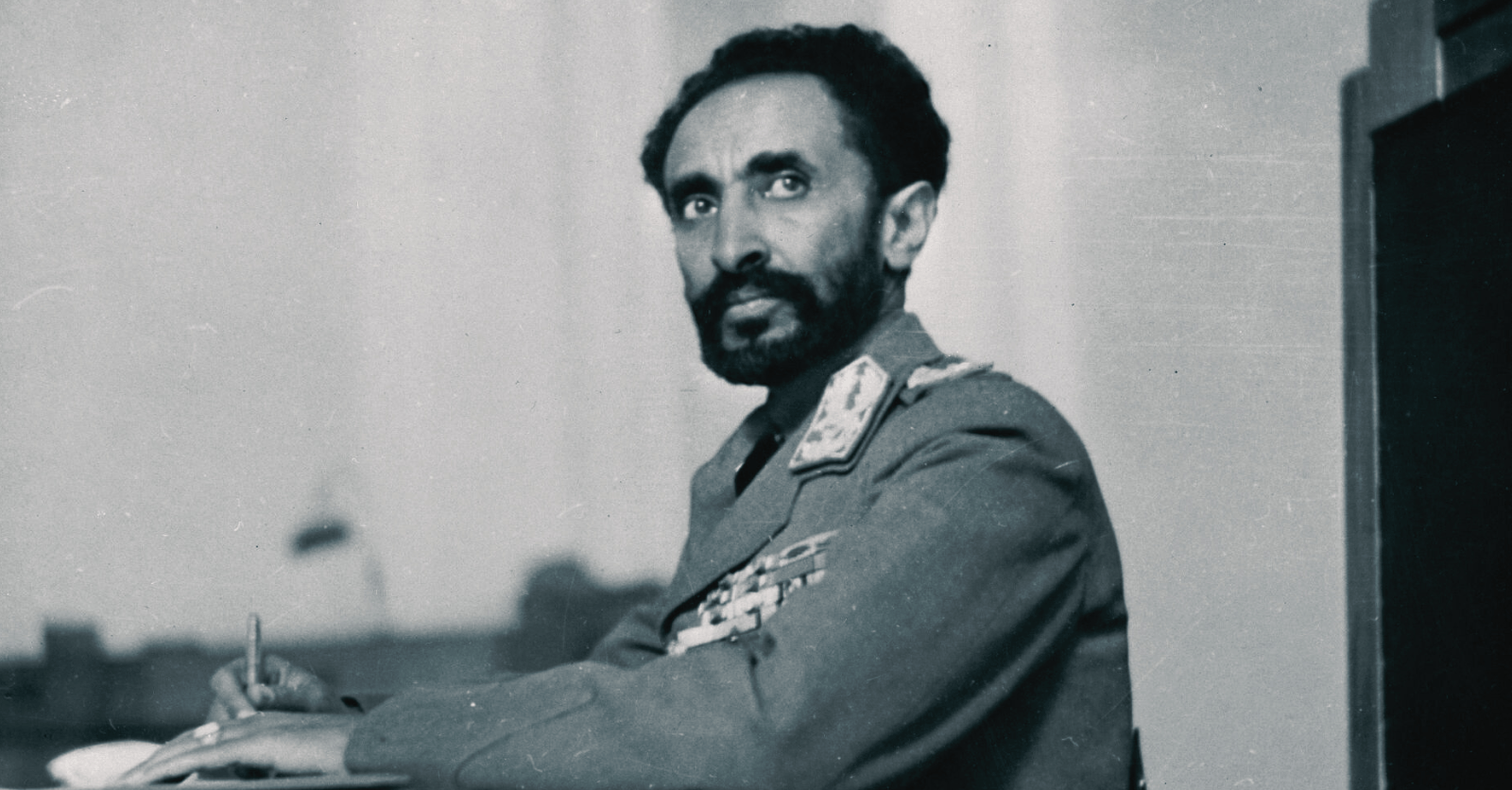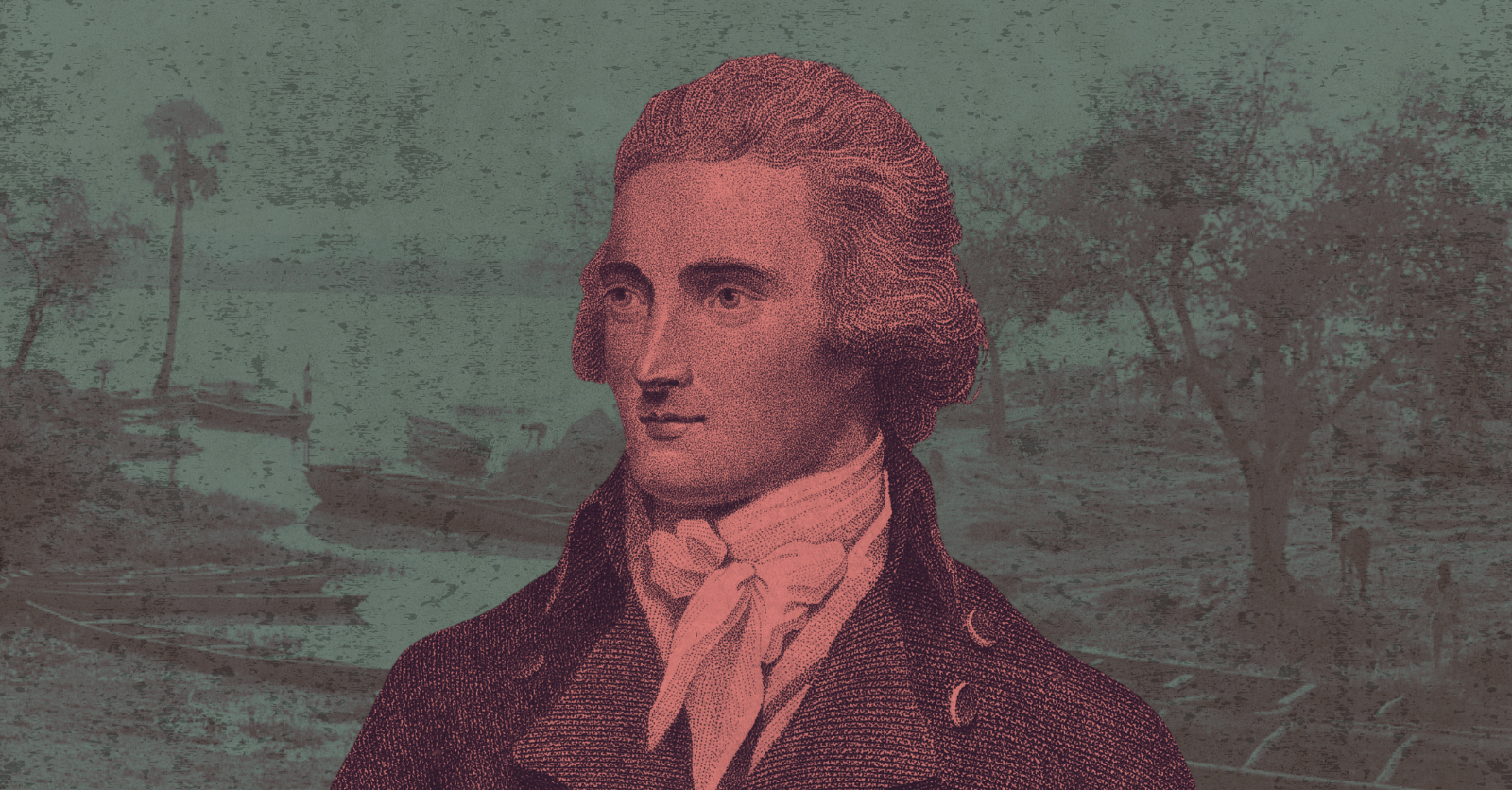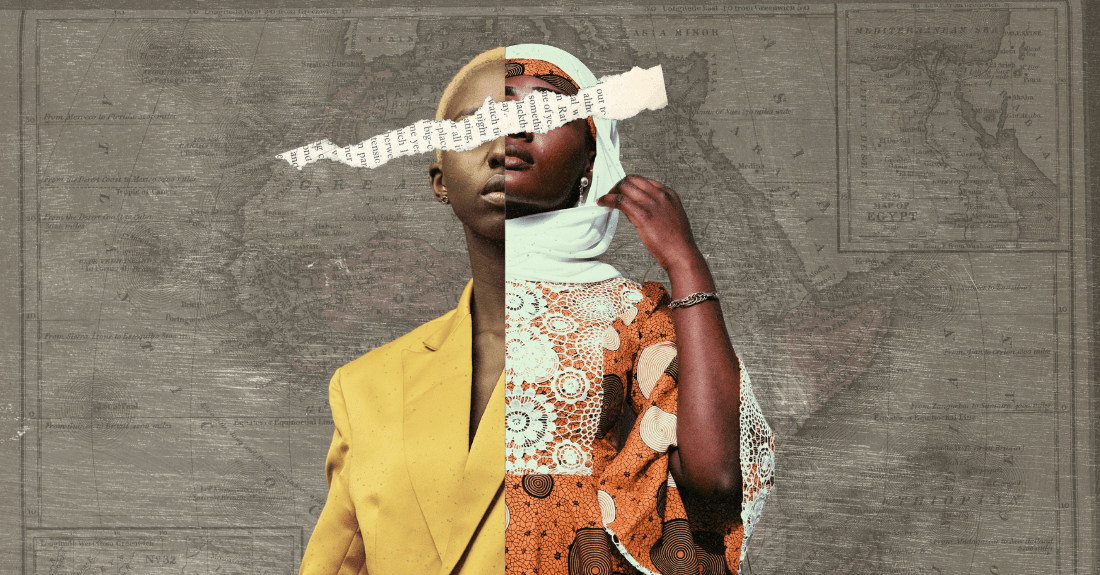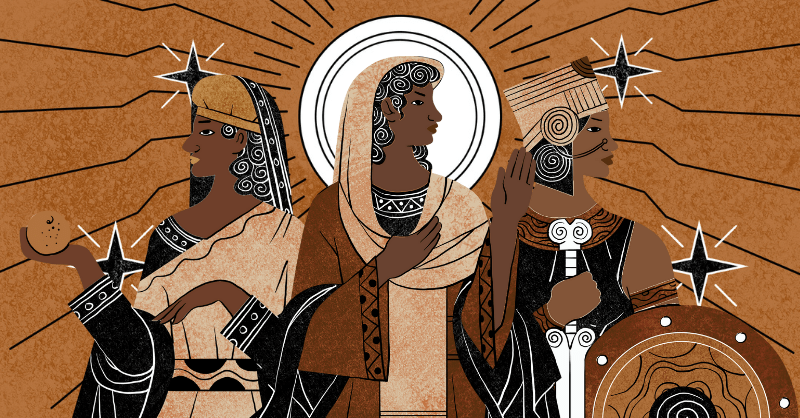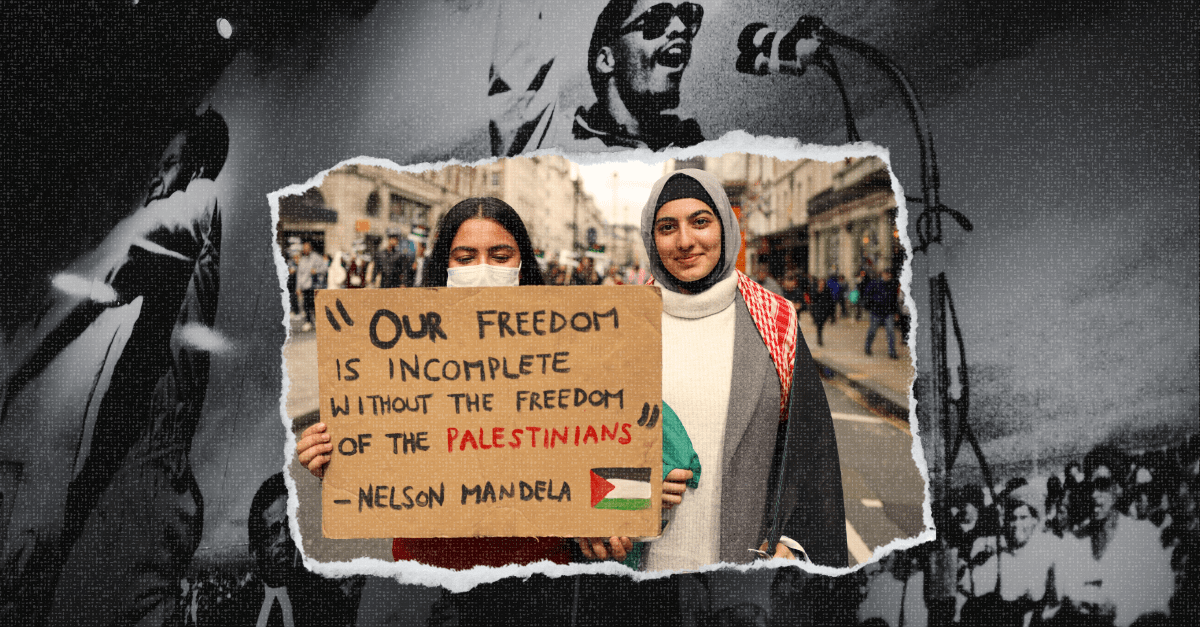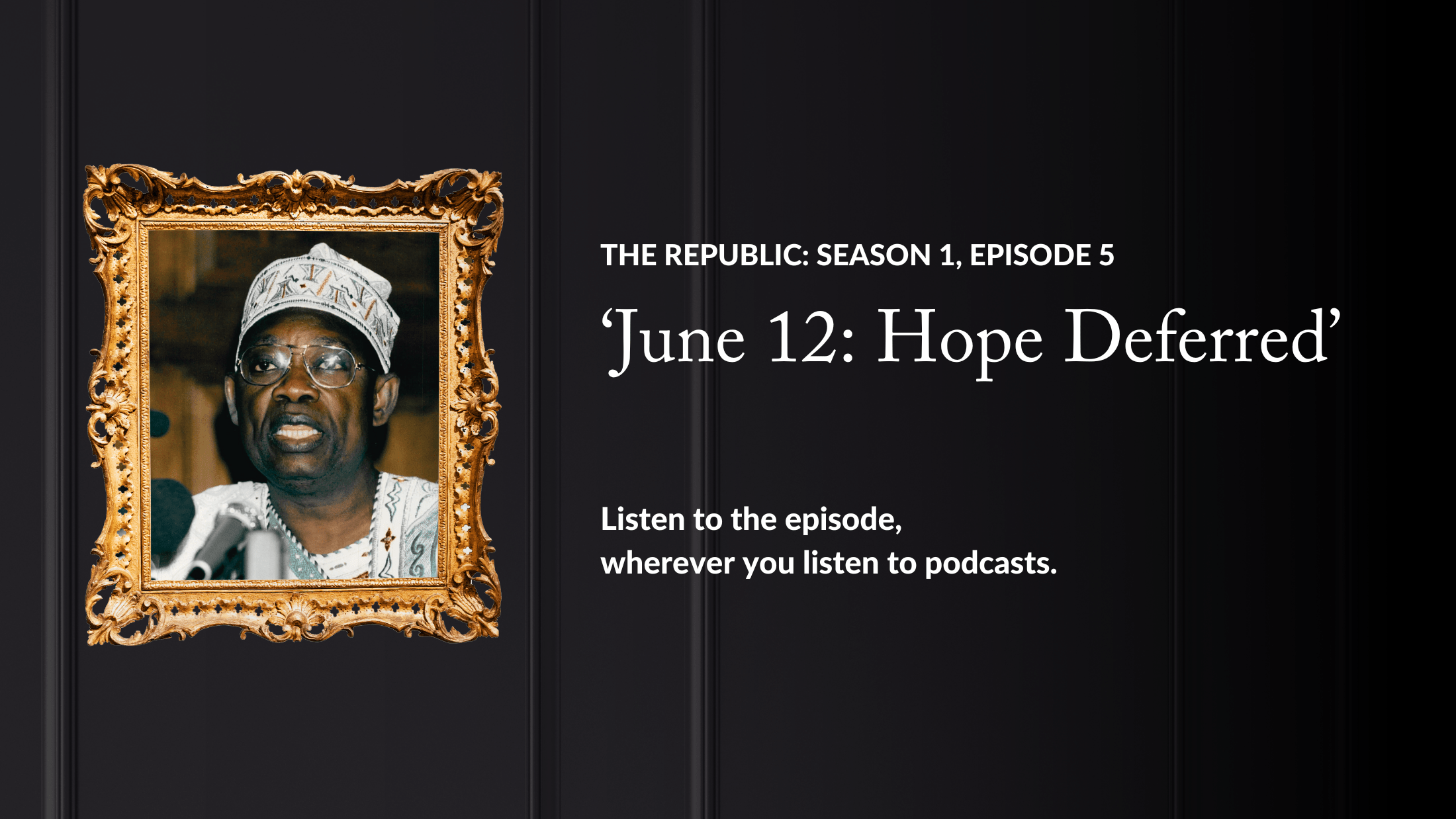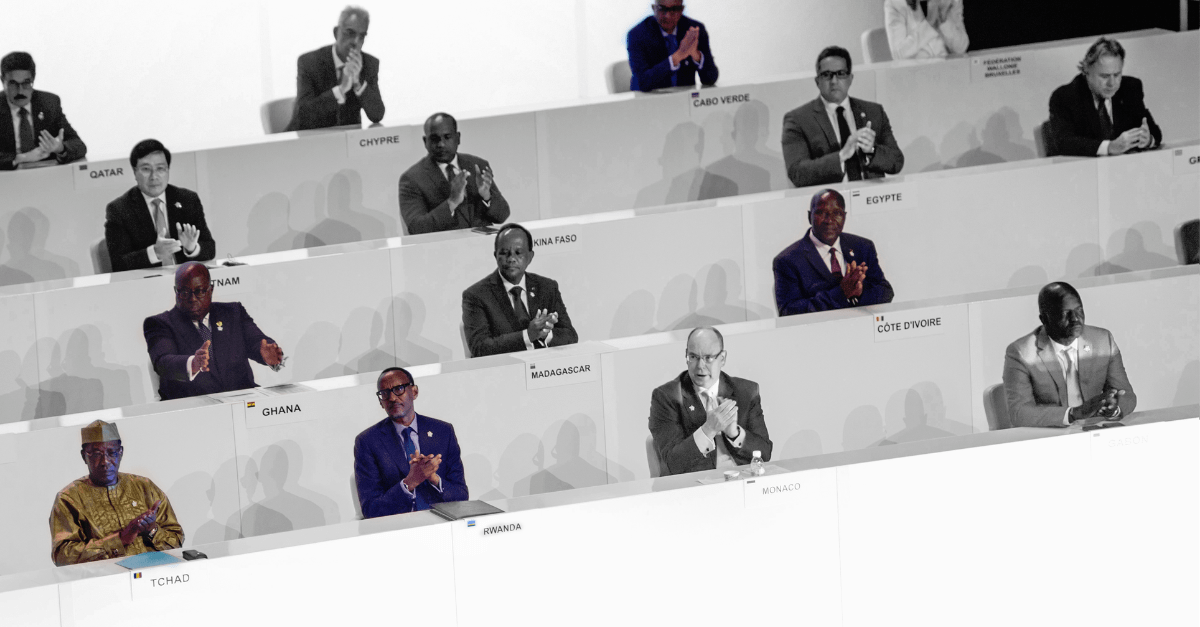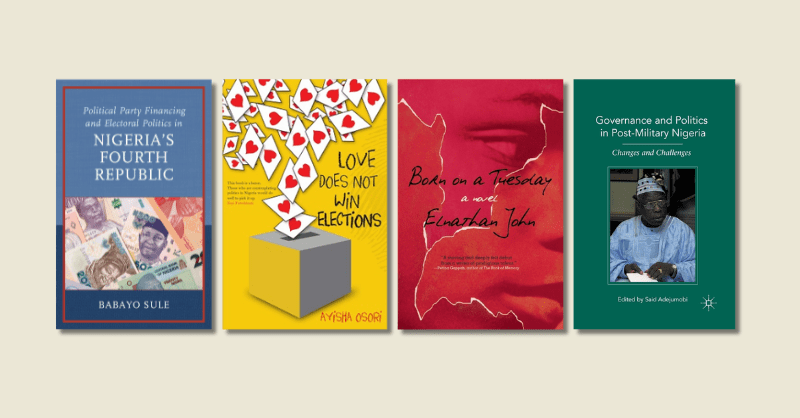Remembering Kampala
For much of the sixties, Kampala was at the centre of literature in Africa, its status propelled by Makerere University and Rajat Neogy’s Transition Magazine. However, in the seventies, the violence of Idi Amin forced intellectuals and artists to flee the Ugandan capital and led to the end of Kampala’s cultural dominance in Africa.



